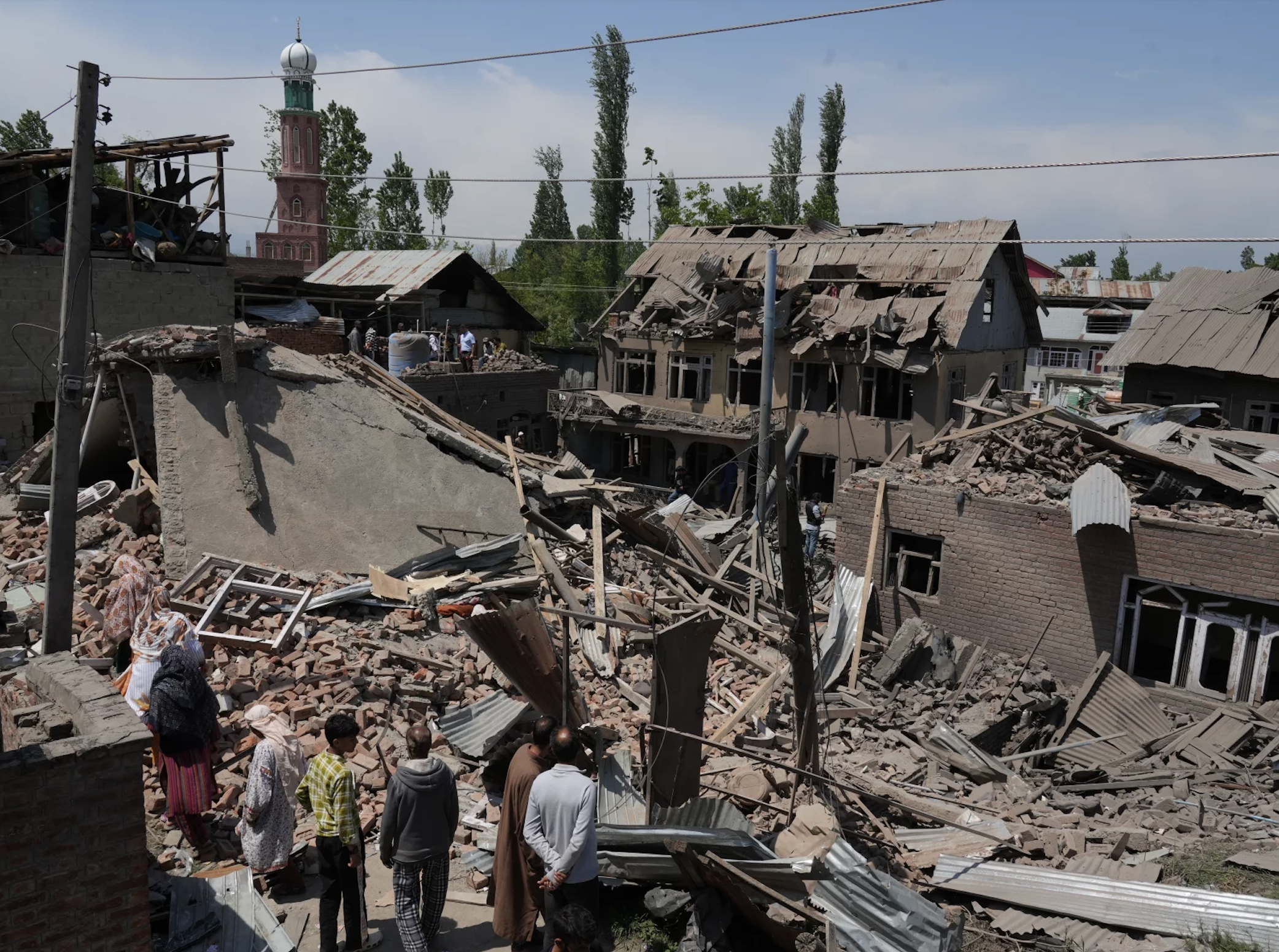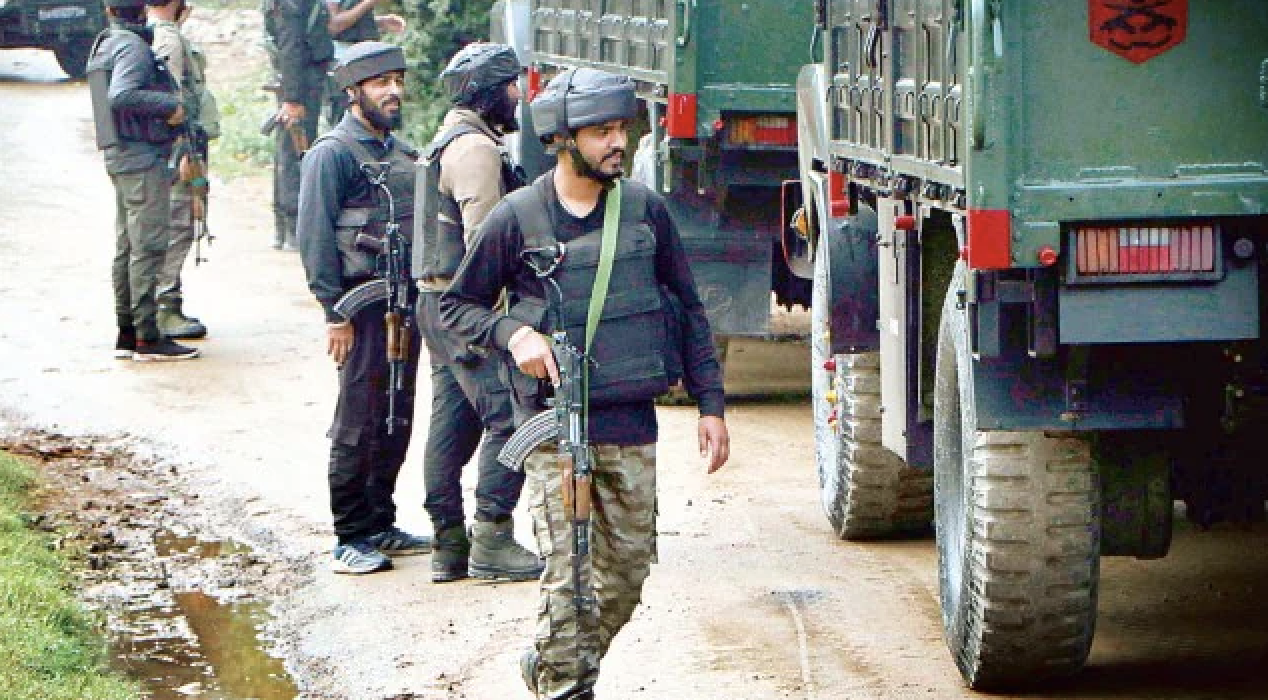
By / The Hindu
Campaigns against minority communities have been relentless in the State over the last few months
These campaigns are largely led by Hindutva fringe groups, but several key BJP leaders have openly supported them, and the State Government, especially Chief Minister Basavaraj Bommai, has been accused of “strategic silence.”
Voices of opposition
Opposition leaders Siddaramaiah and H.D. Kumaraswamy have come down heavily on the ruling party. A section of writers, artists, academicians and human rights organisations have written open letters appealing for restoration of peace, but there has been no response from the Government. Only concern expressed by executive chairperson and founder of Biocon Limited and Biocon Biologics Limited, Kiran Mazumdar Shaw — that a communal atmosphere could hurt Karnataka’s image as a IT/BT and investment hub — had the Chief Minister responding, appealing for “restraint”.
However, the campaigns have not stopped. There is a new one almost every day — to ban halal meat, to stop Muslim drivers from making trips to Hindu religious places, to not buy fruits from Muslim trader and so on.
“All the syncretic traditions of the State have come under attack from Hindutva groups. It is an unpardonable crime to convert all avenues of syncretic traditions into a controversy and use them for political gains,” an open letter by 61 writers of the State stated. There have been physical clashes between the religious groups too, for instance in Aland in Kalaburagi and Mulbagal in Kolar.
Role of media
Private television news channels have faced accusations of giving space to Hindutva fringe elements and carrying out a relentless campaign. Mr. Kumaraswamy, speaking in the Assembly on March 30, blamed television media of constantly churning the communal cauldron in the State and appealed to them to refrain from airing provocative statements.
Writer Kum. Veerabhadrappa, one of the 61 signatories to the open letter who has now received a death threat, and former Chief Ministers Siddaramaiah and Mr. Kumaraswamy, have also blamed television media for “vilifying all critics of the ruling regime as anti-Hindus”.
“Kannada news television carried out a similar campaign against minorities during the pandemic and we got two channels fined and they were directed to seek a public apology by the National Broadcasting Standards Association. Its role in provoking communal hatred is worse in the present instance,” said Vinay Sreenivasa of Campaign Against Hate Speech.
Meanwhile, ruling party Bharatiya Janata Party (BJP) itself seems to be divided over the effectiveness of constant communal polarisation as an electoral strategy for the upcoming Assembly polls.
Electoral strategy
“The BJP in Karnataka is not strictly a Hindutva party and occupies a space vacated by Janata Dal and Lingayat caste politics. But an influential section of the party and RSS is now keen on converting the entire base to Hindutva. They say the time is now ripe to turn BJP supporters into an ideological vote bank like in coastal Karnataka,” a senior party strategist explained. This strategy, if successful, would also free the party of heavy reliance on caste-based vote banks and strong mass leaders in a post-B.S. Yediyurappa phase.
“With no incumbent returning to power in the State since 1978 and the present BJP government formed with 17 outsiders occupying almost half the Cabinet and change of Mr. Yediyurappa as the Chief Minister, the party is also dependent on communal polarisation in the short term,” he explained.
“In a very communally polarised environment, traditional caste calculus will no longer hold singularly, as was evident in the recently-concluded five State elections, including Uttar Pradesh,” he said.
However, a few are skeptical of this strategy. “Karnataka definitely has had a space for right-wing politics, evident in the ascent of BJP. But hardline Hindutva may not resonate across the State, but only in certain pockets. Unlike the Hindi heartland there is no long history of antagonism between Hindus and Muslims here,” a senior party leader who did not wish to be named said. The upcoming Assembly polls will be a test on whether the State’s electorate will incentivise hardline Hindutva or not, he added.
This article first appeared on thehindu.com





